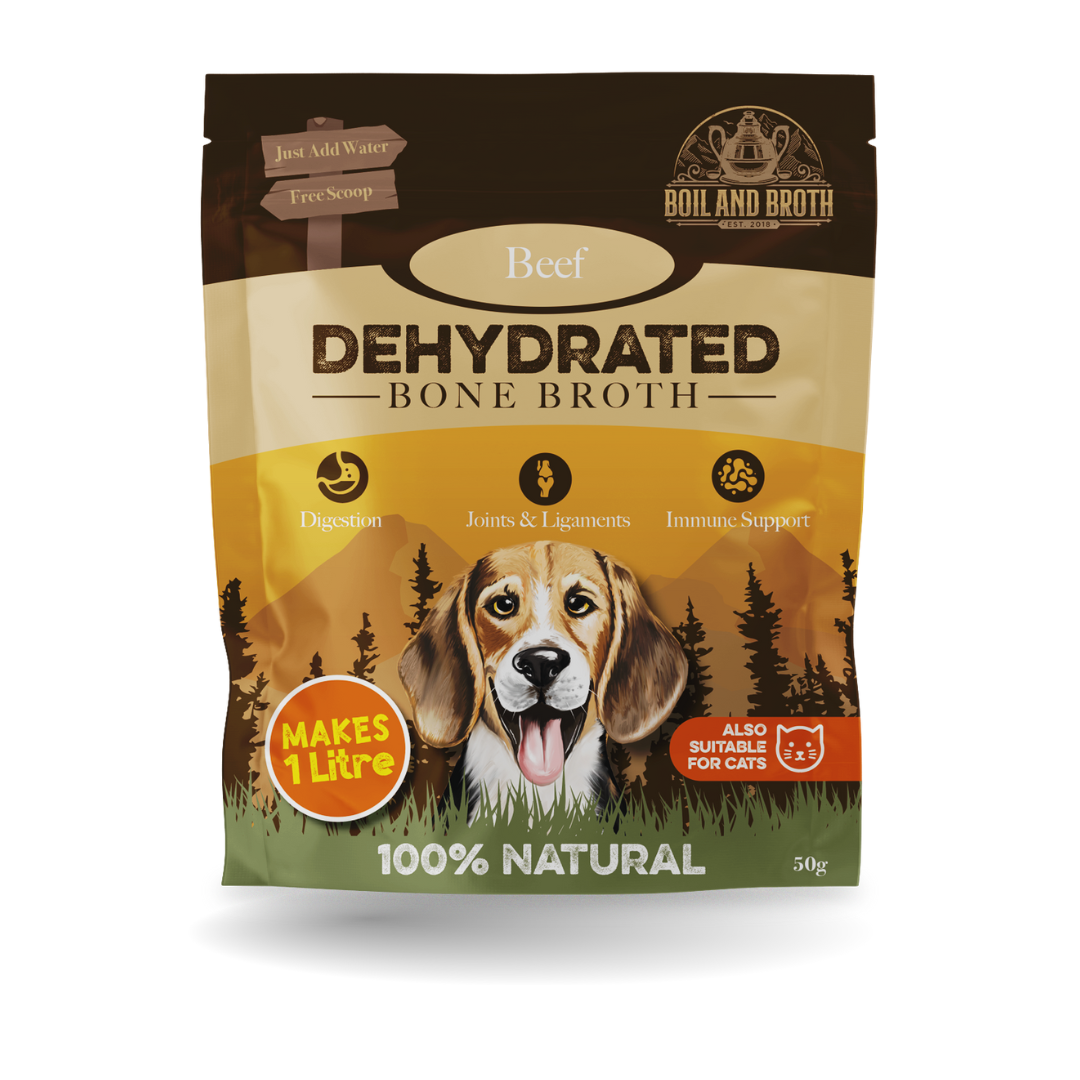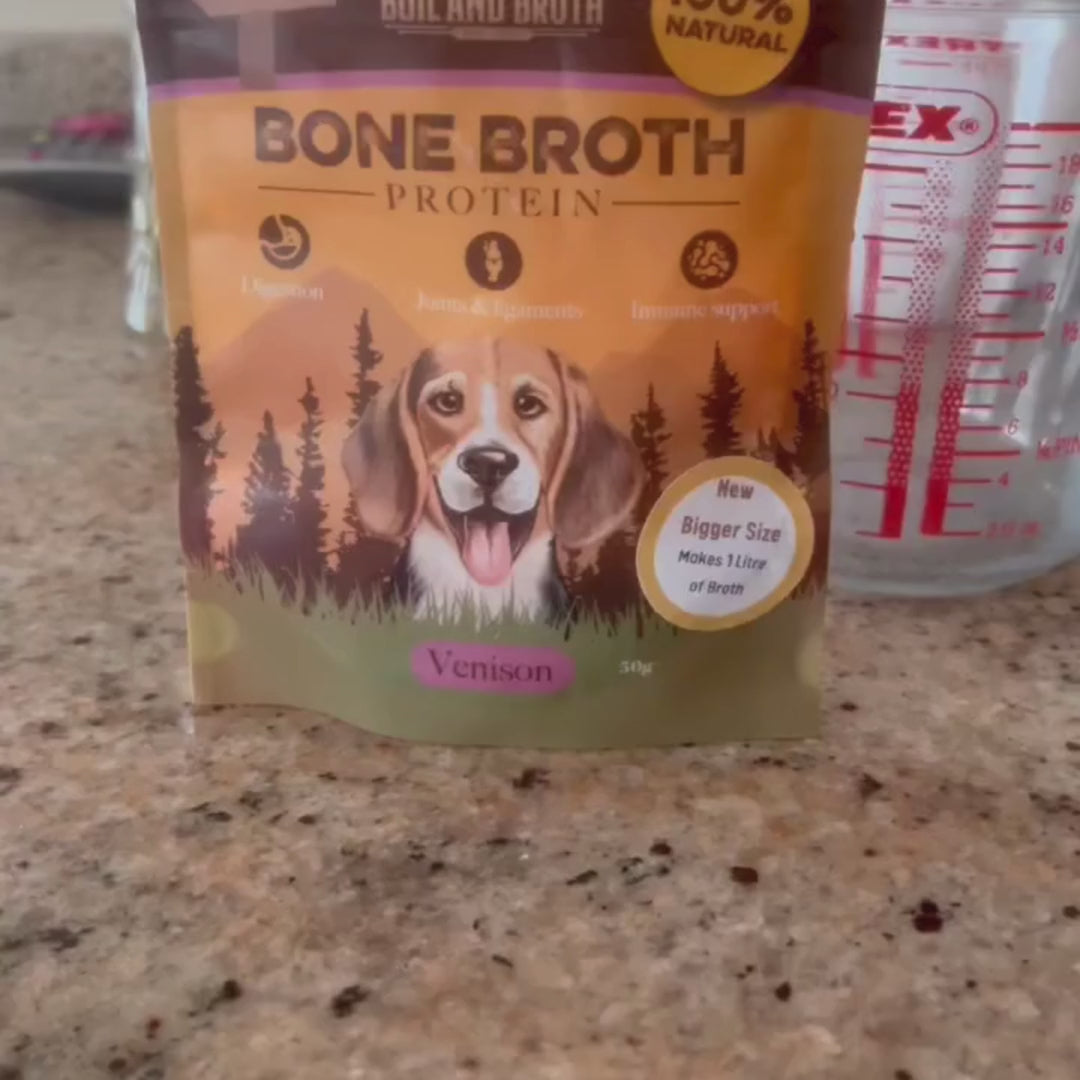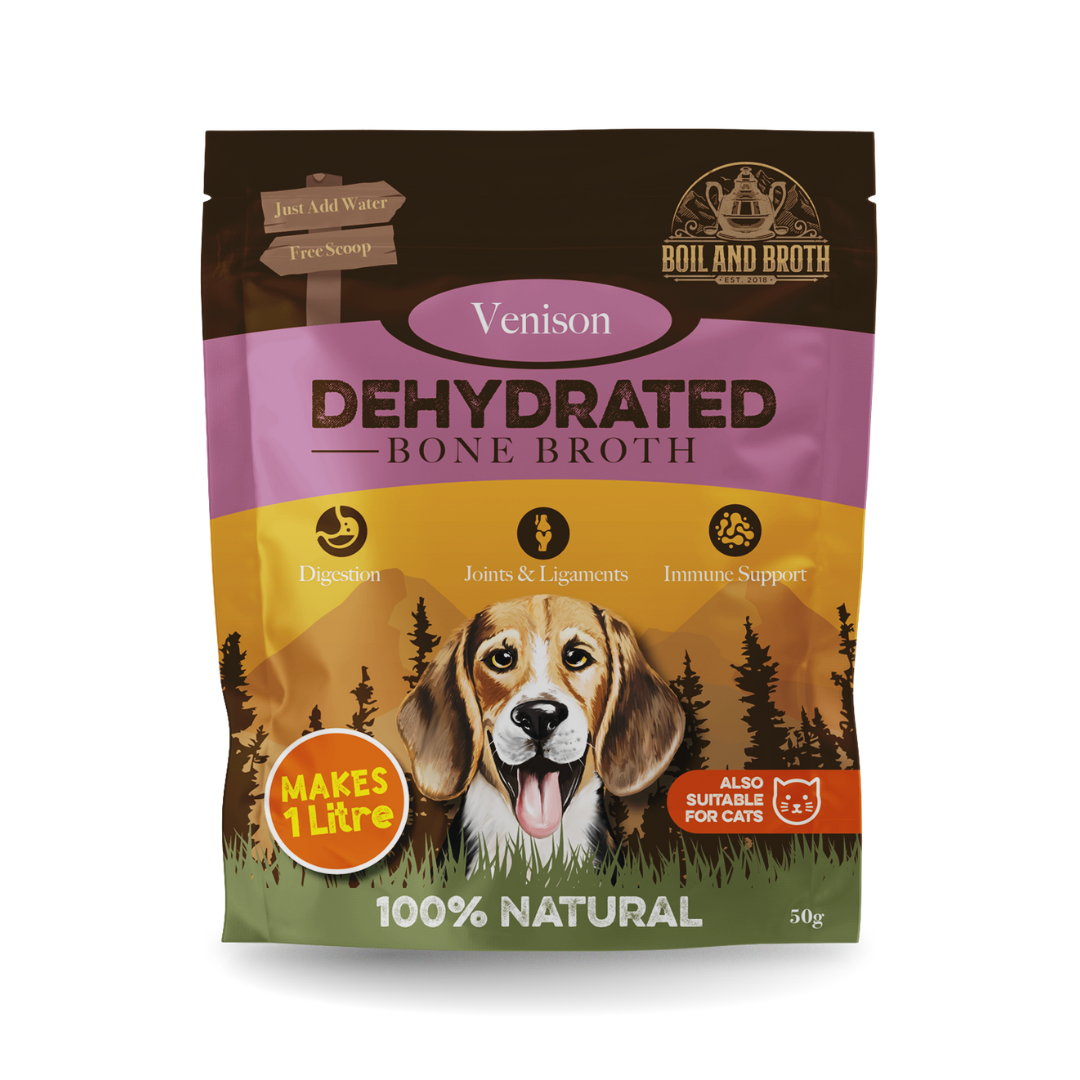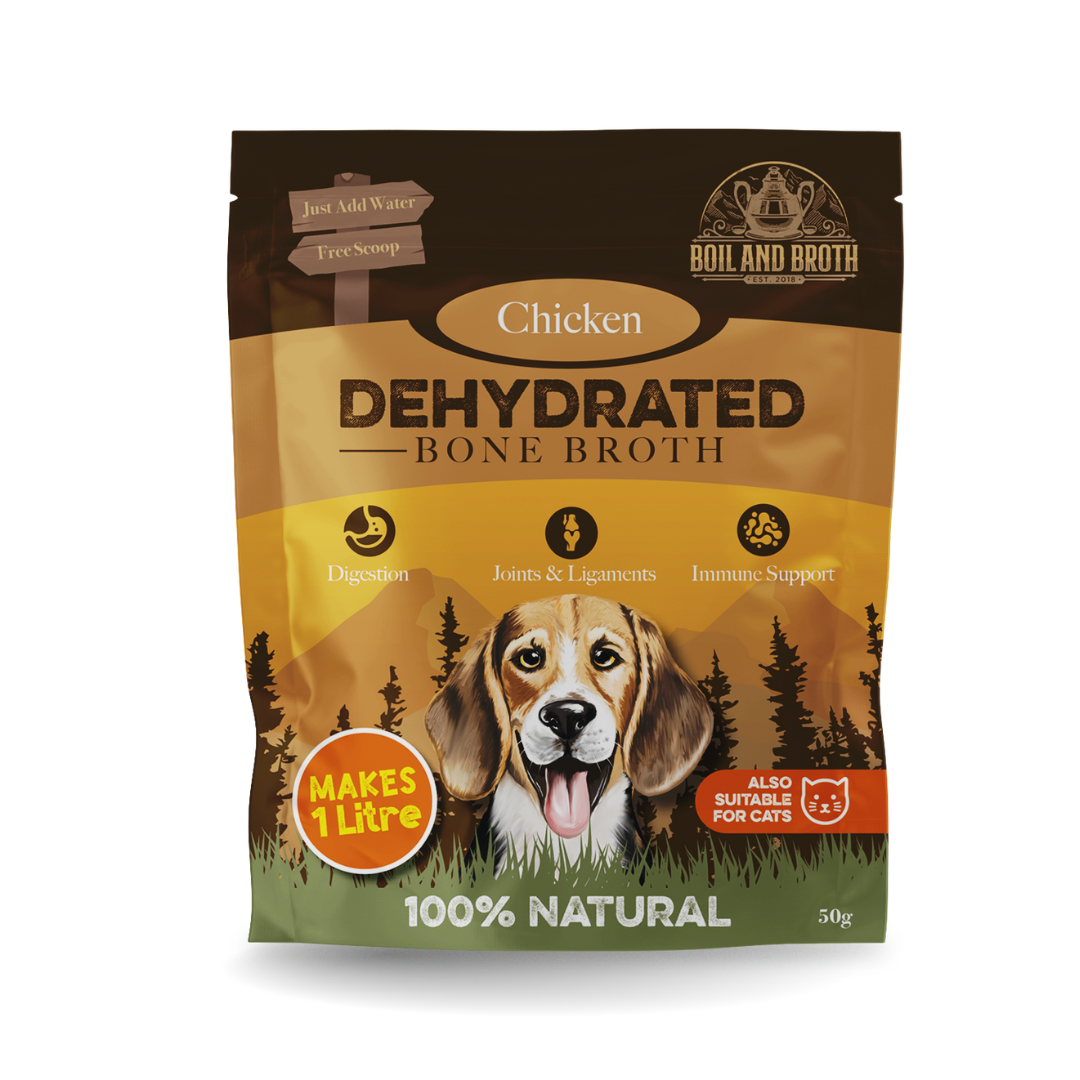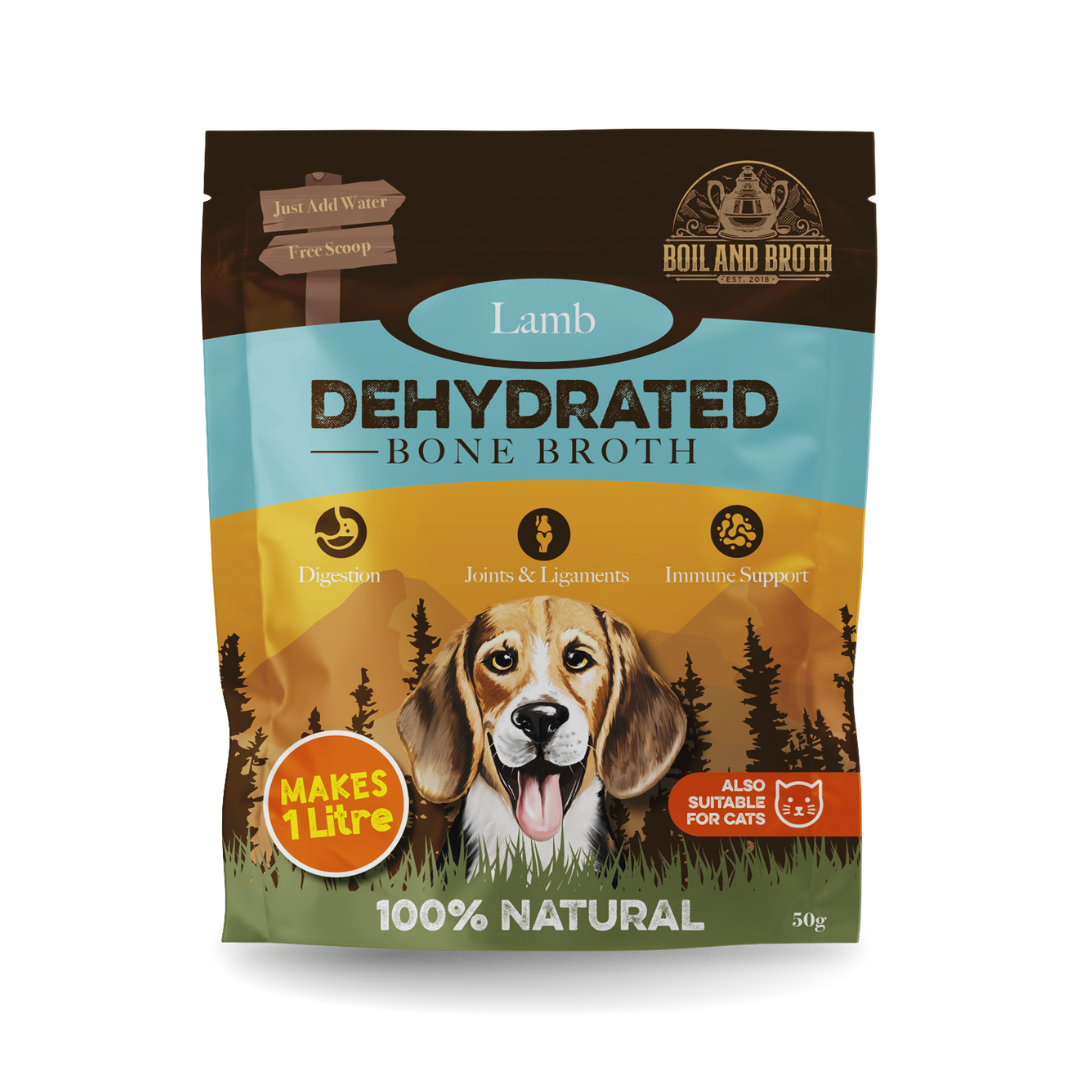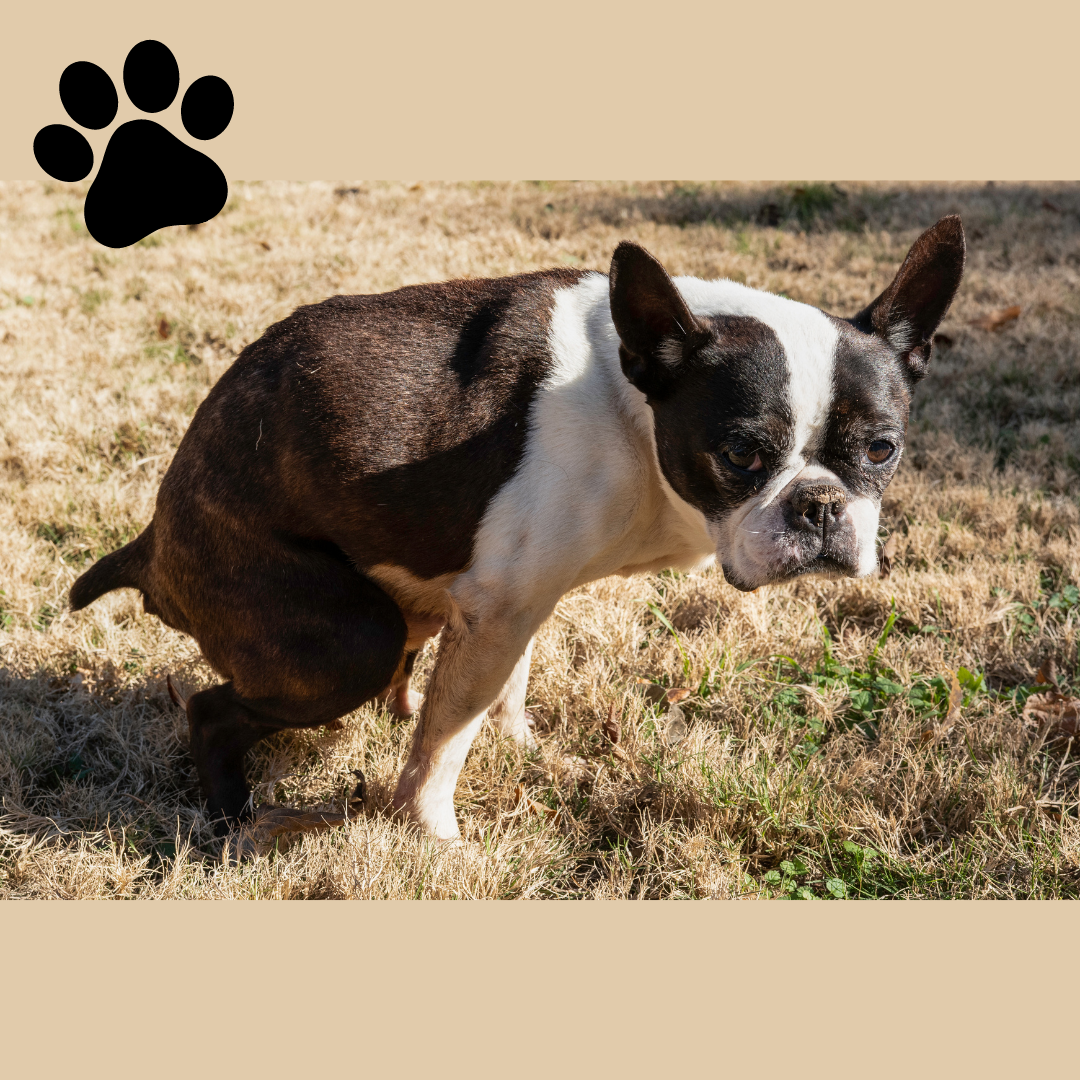
My Dog Is Constipated
This blog is written to help you understand why, my dog is constipated.
Constipation in dogs is a common issue that many pet owners encounter. It's characterised by infrequent or difficult bowel movements, which can cause discomfort and distress in your furry friend. Understanding what causes constipation, recognising the symptoms, and knowing how to treat it at home can help you provide the best care for your pet.
What is Constipation in Dogs?
Constipation occurs when a dog is unable to pass stools normally and regularly. This can lead to hard, dry faeces that are difficult to expel. In severe cases, a condition known as obstipation may develop, where the dog cannot defecate at all. This is a more serious issue that requires immediate veterinary attention.
Causes of Constipation in Dogs
Several factors can contribute to constipation in dogs, including:
- Diet: A diet low in fibre or consuming indigestible items such as bones, hair, or foreign objects can lead to constipation.
- Dehydration: Insufficient water intake can result in dry, hard stools.
- Lack of Exercise: Physical activity helps stimulate normal bowel movements. Sedentary dogs are more prone to constipation.
- Age: Older dogs are more susceptible to constipation due to decreased activity levels and changes in digestive function.
- Medical Conditions: Hypothyroidism, kidney disease, and other medical issues can contribute to constipation.
- Medications: Some medications, particularly pain relievers and antihistamines, can cause constipation as a side effect.
- Stress and Anxiety: Changes in environment, routine, or emotional stress can disrupt normal bowel movements.
Symptoms of Constipation in Dogs
Recognising the signs of constipation can help you take action before the condition worsens. Symptoms include:
- Straining to defecate with little or no result
- Hard, dry stools
- Infrequent bowel movements
- Pain or discomfort when trying to defecate
- Loss of appetite
- Lethargy
- Abdominal discomfort or bloating
If you notice these symptoms, it’s important to monitor your dog closely and consider home treatment options. However, if the symptoms persist or worsen, consult your vet.
Home Treatments for Constipation in Dogs
Before resorting to medication, several home remedies can help alleviate your dog’s constipation. These remedies are generally safe and can provide quick relief.
1. Increase Fibre Intake
Adding fibre to your dog's diet can help soften the stool and promote regular bowel movements. Pumpkin is an excellent source of fibre; you can mix a spoonful of canned pumpkin (not pumpkin pie filling) into their food. Other fibre-rich options include brown rice, bran, and certain vegetables like carrots and green beans.
2. Ensure Adequate Hydration
Make sure your dog always has access to fresh water. You can also increase their fluid intake by adding water or broth to their food. Bone broth is particularly beneficial as it not only helps with hydration but also provides essential nutrients. We recommend trying our dehydrated bone broths, we have a variety of proteins.
3. Regular Exercise
Ensure your dog gets regular exercise to stimulate their digestive system. Daily walks, playtime, and engaging activities can help keep their bowels moving regularly.
4. Natural Probiotics
Natural probiotics such as our kefir water, can improve gut health by promoting a healthy balance of bacteria in the digestive tract. We recommend choosing natural probiotics over processed supplements due to the added ingredients that can be harmful to a dog’s digestive system.
5. Try Raw Food
Raw feeding your dog using a high quality brand could help assist your dog’s overall gut health, so consider speaking with a canine nutritionist to help you change your dog’s diet carefully.
6. Olive Oil or Coconut Oil
Adding a small amount of olive oil or coconut oil to your dog’s food can help lubricate their digestive system and ease the passage of stools. Start with a teaspoon and adjust as necessary based on your dog's size and response.
7. Massage and Grooming
Gently massaging your dog's abdomen can help stimulate bowel movements. Additionally, regular grooming can prevent the ingestion of excess hair, which can contribute to constipation, especially in long-haired breeds.
8. Consulting with a Vet
If home treatments don’t provide relief within a day or two, or if your dog shows signs of severe discomfort, it’s crucial to seek veterinary advice. There could be an underlying medical condition that requires professional treatment.
Conclusion
Constipation in dogs is a manageable condition with the right approach. By understanding the causes and recognising the symptoms, you can take proactive steps to alleviate your dog's discomfort. Home remedies, such as increasing fibre, ensuring adequate hydration, and providing regular exercise, can often resolve mild cases. However, always consult your vet if you’re unsure or if the problem persists. Your dog's health and well-being should always be the priority, and with attentive care, you can help them maintain a healthy and comfortable life.

